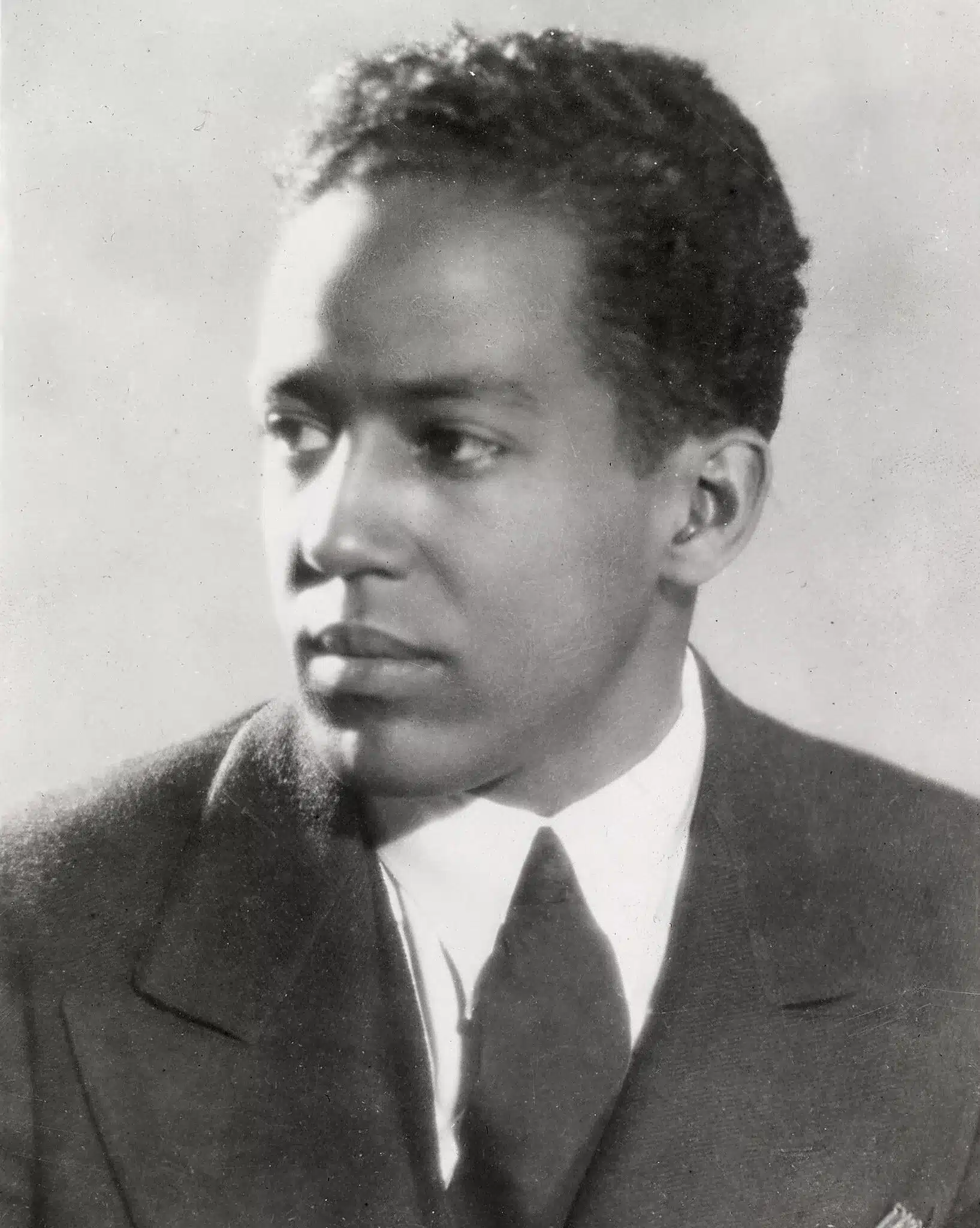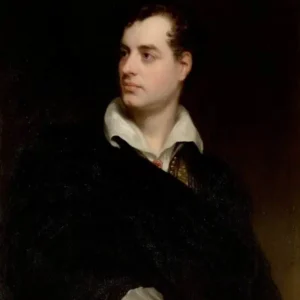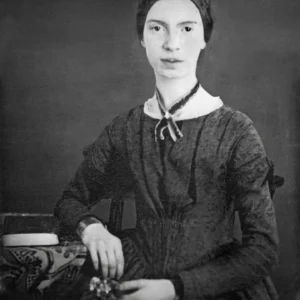Langston Hughes, born James Mercer Langston Hughes on February 1, 1902, in Joplin, Missouri, is a towering figure in American literature and a central figure of the Harlem Renaissance. Known for his powerful and poignant poetry, prose, and plays, Hughes captured the experiences, struggles, and aspirations of African Americans in the early 20th century. His work continues to resonate and inspire, making him one of the most influential voices in American history. This article explores his life, contributions, and enduring legacy.
Early Life and Education
Birth and Family Background
Langston Hughes was born to Caroline Mercer Langston and James Nathaniel Hughes, both of whom had mixed-race ancestry. His parents separated shortly after his birth, and he was primarily raised by his grandmother, Mary Patterson Langston, in Lawrence, Kansas. Mary, a prominent figure in Hughes’s life, instilled in him a strong sense of racial pride and an appreciation for African American history and culture.
Education and Early Influences
Hughes attended Central High School in Cleveland, Ohio, where he began to develop his writing skills. His first pieces of published poetry appeared in the school magazine and later in the national magazine, The Crisis. After graduating high school, Hughes spent a year in Mexico with his father, an experience that influenced his worldview and writing. He later enrolled at Columbia University in New York City but left after a year due to racial prejudice and a desire to experience the vibrant cultural scene of Harlem.
The Harlem Renaissance
Cultural Movement
The Harlem Renaissance, which spanned the 1920s and early 1930s, was a cultural movement that celebrated African American art, literature, music, and intellectualism. Harlem, a neighborhood in New York City, became the epicenter of this explosion of creativity and cultural expression. Langston Hughes quickly became one of the movement’s most prominent and influential figures.
Major Works
During the Harlem Renaissance, Hughes produced some of his most celebrated works. His first book of poetry, “The Weary Blues,” was published in 1926 and received critical acclaim for its innovative use of jazz and blues rhythms. This collection included iconic poems such as “The Negro Speaks of Rivers” and “The Weary Blues.” His second poetry collection, “Fine Clothes to the Jew,” was published in 1927 and further solidified his reputation as a leading poet of the movement.
Literary Contributions
Poetry
Langston Hughes’s poetry is characterized by its rhythmic qualities, vivid imagery, and deep exploration of the African American experience. He often drew inspiration from jazz and blues music, incorporating their rhythms and themes into his work. His poetry addressed a wide range of subjects, including racial identity, social injustice, love, and the beauty of everyday life.
Notable Poems
The Negro Speaks of Rivers: One of Hughes’s most famous poems, it traces the history and resilience of African people through the metaphor of rivers.
I, Too: A powerful statement of African American pride and identity, asserting the speaker’s rightful place in American society.
Harlem: Also known as “A Dream Deferred,” this poem explores the consequences of postponed dreams and aspirations.
Prose and Plays
In addition to his poetry, Hughes was a prolific writer of prose and plays. His short stories, novels, and essays offered keen insights into the lives of African Americans and the social issues they faced.
Notable Works
The Ways of White Folks: A collection of short stories published in 1934 that explores the complexities of race relations in America.
Not Without Laughter: Hughes’s first novel, published in 1930, tells the coming-of-age story of a young African American boy named Sandy Rogers.
Mulatto: A play that premiered in 1935, addressing the themes of racial identity and conflict within a Southern family.
Journalism and Activism
Hughes was also a committed journalist and social activist. He used his writing to advocate for civil rights and social justice, often addressing issues such as segregation, discrimination, and economic inequality. His columns in newspapers such as the Chicago Defender and the New York Post provided a platform for his views and reached a wide audience.
Personal Life and Challenges
Travels and Experiences
Throughout his life, Langston Hughes traveled extensively, drawing inspiration from his experiences abroad. He spent time in Mexico, Europe, and the Soviet Union, where he observed different cultures and political systems. These travels influenced his writing and deepened his commitment to social justice.
Relationships and Sexuality
Hughes’s personal life was marked by complexity and ambiguity, particularly regarding his relationships and sexuality. While he had close friendships with many men and women, he never publicly addressed his sexual orientation. Scholars have debated his sexuality, but Hughes’s private nature makes it difficult to draw definitive conclusions.
Legacy and Influence
Impact on Literature
Langston Hughes’s work has had a profound and lasting impact on American literature. His innovative use of jazz and blues in poetry paved the way for future generations of poets and writers. Hughes’s exploration of African American identity and social issues has made his work a cornerstone of American literary and cultural studies.
Inspiration for Future Generations
Hughes’s legacy extends beyond literature to inspire countless artists, musicians, and activists. His commitment to social justice and his ability to capture the essence of the African American experience resonate with people across different backgrounds and eras.
Honors and Recognition
Langston Hughes received numerous awards and honors throughout his life, including the Anisfield-Wolf Book Award, the Spingarn Medal from the NAACP, and the Quill Award for Poetry. His contributions to literature and civil rights have been commemorated with various tributes, including the Langston Hughes Medal awarded by the City College of New York.
Conclusion
Langston Hughes’s life and work are a testament to the power of words to inspire change and foster understanding. As the Voice of the Harlem Renaissance, he captured the beauty, pain, and resilience of the African American experience, leaving an indelible mark on American literature and culture. His enduring legacy continues to inspire and challenge us to strive for a more just and equitable society.


